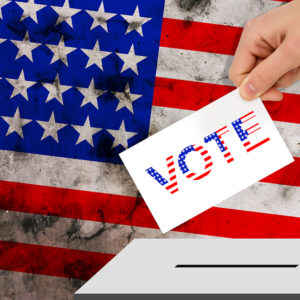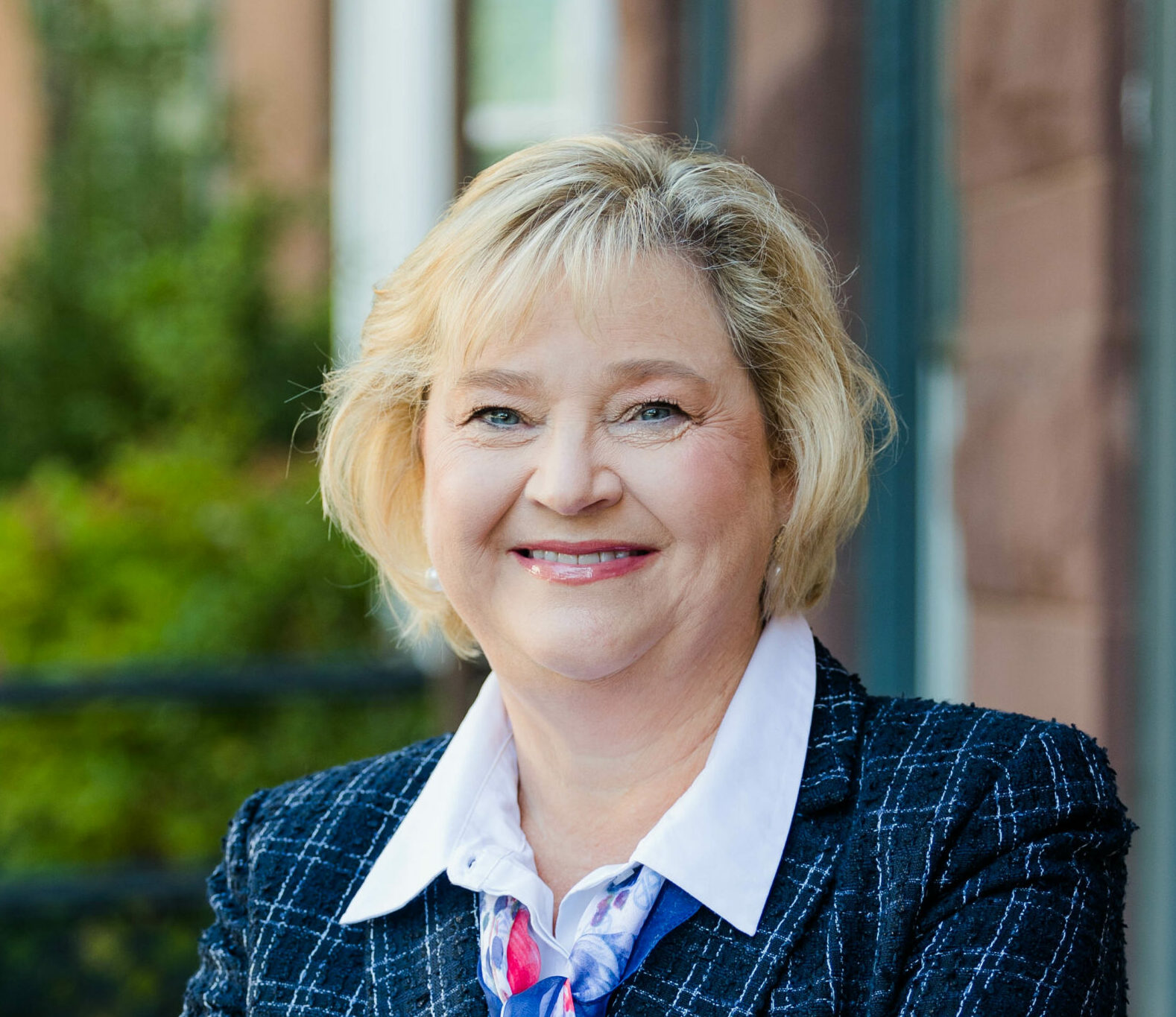The House of Representatives recently failed to pass a continuing resolution that included the Safeguard American Voter Eligibility (SAVE) Act. Blocked by Republicans and Democrats, the bill would have stopped non-citizens’ illegal voting from canceling citizens’ ballots.
Now, it’s up to the people to protect their vote, following in the traditions of our predecessors who fought to ensure all citizens’ votes are counted.
One of those predecessors was Clara Vajda, a Hungarian immigrant living in Milwaukee. Intensely proud of her status as a naturalized citizen, she brought the idea of Citizenship Day to her congressman, Rep. Thaddeus Wasielewski, who created a bill designating the third Sunday of every May as Citizenship Day. This was signed into law by President Franklin D. Roosevelt.
According to congressional records, in his 1941 remarks when the bill passed, Rep. Wasielewski noted, “I wonder how many know that a simple act of charity of a foreign-born citizen was the motivating spark that set in motion this movement to teach all citizens to appreciate the great honor and privilege which has been bestowed upon them when they assume their sovereign rights of citizenship.”
Vajda was following in the footsteps of America’s Founding Fathers, the men who debated passionately about how much power the new Constitution should allocate to our three branches of government.
Our earliest founding document, the Declaration of Independence, states our government derives its “just powers from the consent of the governed.” The way we provide or withdraw that consent is by voting.
A few years later, during the summer of 1787, Federalists who believed in a stronger centralized power like Alexander Hamilton and James Madison argued with the anti-Federalist wing of the founding brotherhood — Thomas Jefferson and Patrick Henry. The final product was a magnificent document, the first in history to be crafted under the principle that all our rights come from God, not man, and, therefore, cannot be taken from us by any level of government.
Almost a century later, in 1870, the 15th Amendment to the Constitution was ratified, providing voting rights to African-Americans, but it was not enough. Black Americans throughout the 20th century encountered racism, assault and murder while trying to exercise their right to vote. It wasn’t until the Voting Rights Act of 1965 became federal law that they could exercise these rights fully.
American women were not allowed to vote until 1920 when the 19th Amendment was ratified, and they, too, won a hard-fought battle to get there. Many other federal voting laws passed over the last century that have protected citizens’ right to vote.
Our laws are not perfect and do not fully protect our citizen voters. The National Voter Rights Act of 1993 clearly states that only citizens can vote but there are no compliance requirements, such as an obligation to produce documentary proof of citizenship during the registration process.
The Illegal Immigration Reform and Immigration Responsibility Act of 1996 notes, “It shall be unlawful for any alien to vote in any election … for the purpose of electing a candidate for the office of President, Vice President, Presidential elector, Member of the Senate, Member of the House of Representatives.” This law also has no provisions demanding proof of citizenship to be entered on our voter rolls.
No law has ever been passed — or even considered — that would allow non-citizens to vote in federal or statewide elections.
The SAVE Act of 2024 was designed to correct these deficiencies by adding a federal provision to the NVRA requiring proof of citizenship with voter registration. All it does is follow existing federal law and all 50 states’ constitutions to ensure that only citizens vote. Alabama, Arizona, Colorado, Florida, Louisiana, Florida, North Dakota and Ohio have language specific to “only” citizens voting. Iowa, Wisconsin, Kentucky, Idaho, South Carolina, Missouri, Oklahoma and North Carolina have clarifying wording on their ballots this November.
From the Founding Fathers to Clara Vajda to each citizen today, the appreciation of American citizenship has been a consistent value. The words and the spirit of our founding documents, and our current voting laws, reflect the rights — and the restrictions — of voting in U.S. elections.
Unfortunately, Congress is unwilling to stand with the Founding Fathers and Clara. It is up to each citizen to stand and be counted in protecting the value of citizenship against non-citizen voting.





